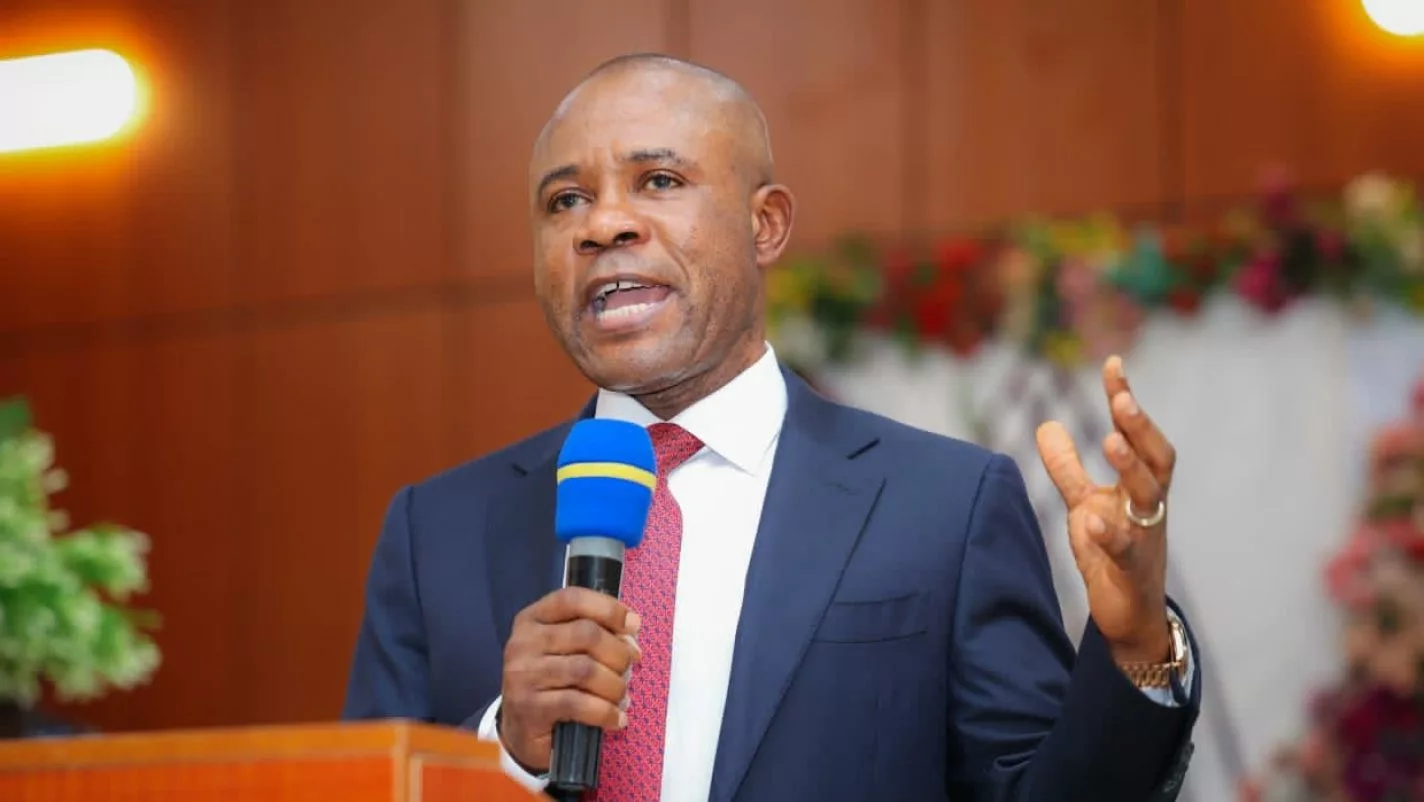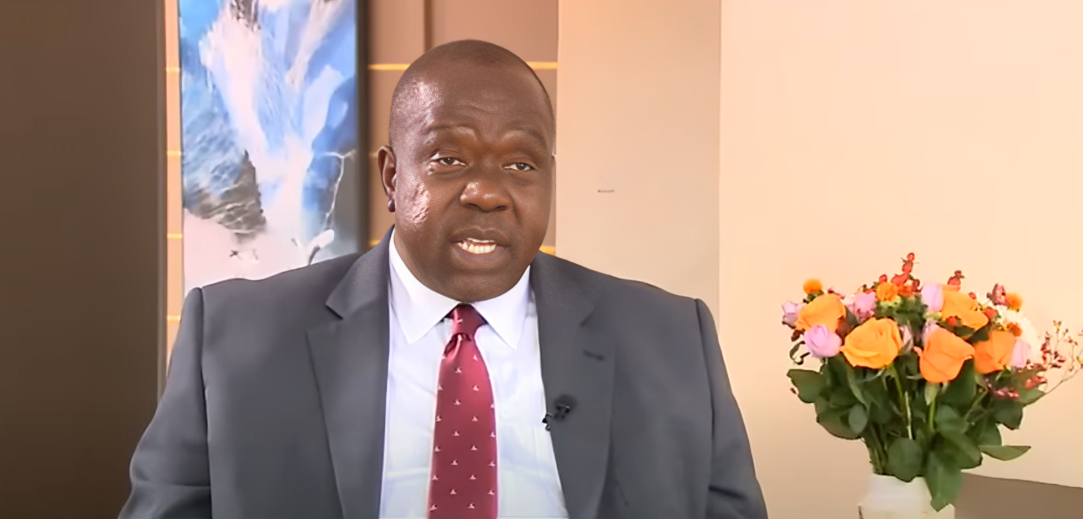Cvent Travel Report Reveals Business Travel Trends - Focus on Travel News
Organisations around the world are rethinking how they manage travel and meetings in 2025. A new Cvent Global Travel Managers Report reveals that centralised sourcing is now the standard, with most travel managers overseeing both business trips and event sourcing to save costs and improve efficiency.
The report, based on surveys of over 1,600 decision-makers across North America, Europe, Asia-Pacific and the Middle East and Africa, shows a dramatic shift in priorities, technology use and sustainability goals. It provides a comprehensive look at the evolving role of travel managers who must now balance rising costs with the need for smarter sourcing and sustainability commitments.
According to the 2025 Cvent Global Travel Managers Report, 91% of travel managers now handle both business travel and meetings sourcing, a big increase from 2017 when only 64% of programs were consolidated or moving in that direction. The key driver of this shift is operational efficiency, cited by 49% globally and 53% in Europe.
By combining travel and meeting management, companies have realised significant savings. Over four in five (83%) respondents said they have reduced costs through this approach. This trend is particularly pronounced in Europe, where the focus on cost control has led to widespread adoption of centralised sourcing as a best practice.
The findings underscore how organisations see the value of strategic travel management that goes beyond booking flights or hotel rooms. Travel managers are now expected to deliver clear business outcomes while keeping expenses in check and maintaining a high standard of service for travelling employees and meeting attendees alike.
Despite the push for efficiency, the report warns that travel budgets will remain under pressure in 2025. A substantial 71% of travel managers expect costs to rise, forcing companies to reassess the types of trips they approve. Incentive trips and internal meetings are most at risk, with 31% of respondents saying they will cut these categories first if budgets tighten further.
This cautious approach reflects a balancing act between supporting business growth through travel and managing tighter budgets. Yet the report reveals companies are reluctant to cut technology spending, with only 13% planning reductions. This suggests that travel managers see robust tech platforms as essential tools for achieving cost control while maintaining program visibility and traveller satisfaction.
The continued investment in technology also demonstrates that organisations recognise the need for advanced sourcing solutions, real-time reporting and centralised platforms to manage increasingly complex programs efficiently. These tools enable managers to streamline workflows, track compliance and ensure better decision-making when selecting suppliers and venues.
The value of in-person engagement remains high despite cost pressures. The report found that acquiring new customers is the top reason for face-to-face meetings, cited by 43% of travel managers worldwide and in Europe. This highlights the role of travel in driving revenue and supporting sales teams as they pursue new markets and clients.
Other common objectives include building customer relationships, employee training and collaboration. These goals make clear that travel is still seen as an investment in business growth rather than a discretionary expense. Travel managers are challenged to deliver on these outcomes while balancing demands for budget discipline and sustainability.
The data also suggests that organisations are being more strategic about which meetings truly require travel. By prioritising high-value objectives such as customer acquisition, companies aim to maximise the return on travel spend while reducing lower-priority trips where virtual options may suffice.
The report identifies sourcing technology and online content as critical enablers of better decision-making. Nearly half (48%) of travel managers said specifications, images and videos of guest rooms most influence their decision to submit a request for proposal (RFP). This underscores the importance for hotels and venues to provide clear, detailed and visual information to attract corporate bookings.
Travel managers also rely heavily on online sources to evaluate hotel suitability: 52% use travel websites, 47% hotel websites and 42% search engines. Yet despite this abundance of information, 33% still struggle to determine whether a hotel meets their programme’s needs. This points to a persistent gap between the information available and the clarity required to make confident decisions.
In Europe, sourcing platforms are even more influential. About 43% of European travel managers said these platforms help them assess and analyse bids easily, compared to a global average of 38%. This reflects the region’s focus on leveraging digital tools to reduce complexity, compare offers and negotiate better deals in a competitive marketplace.
Even with cost pressures mounting, technology spending is proving resilient. Only 13% of respondents globally plan to cut technology budgets in 2025. This highlights a strong recognition that sophisticated sourcing platforms, reporting tools and integrated systems are necessary for effective travel programme management.
These tools allow managers to monitor spend, ensure policy compliance and gain visibility across both travel and meetings. As companies consolidate programmes, the need for a single source of truth becomes even more critical. Technology not only supports cost control but also enables greater agility when responding to changing business needs or external disruptions.
Hotels and venues that understand this shift and invest in strong supplier partnerships, sustainability initiatives and transparent sourcing practices will be better positioned to win corporate business. The message is clear: those that align with travel managers’ needs will have an edge in the increasingly competitive meetings and events market.
Sustainability remains a top consideration for travel managers globally. The report found that 30% worldwide—and 32% in Europe—say sustainability practices will influence their business travel priorities through 2026. This shows that despite budget challenges, companies are committed to incorporating environmental responsibility into their programmes.
Specifically in Europe, travel managers prioritise commitments to waste reduction (32%) and locally sourced food (29%) when assessing suppliers and venues. These criteria are part of a broader push to ensure travel programmes align with corporate sustainability goals and respond to growing stakeholder expectations around environmental impact.
The emphasis on sustainability is also a call to action for hotels and venues. Those that can clearly demonstrate sustainable practices and provide evidence of their environmental commitments will be better positioned to secure business from companies with ambitious ESG goals. Travel managers are increasingly looking for partners who can help them meet these targets while delivering value and quality.
The overall picture from the Cvent report is one of a profession undergoing rapid transformation. The role of the travel manager has become far more strategic and integrated, with responsibilities that include managing costs, enabling meetings that drive business outcomes, ensuring sustainability and leveraging technology to make smarter sourcing decisions.
This evolution is especially evident in Europe, where managers are leading the way in adopting centralised sourcing and digital tools. As budgets tighten and expectations rise, travel managers will need to continue refining their approach to balance efficiency, cost savings and strategic impact. The winners in this environment will be those who can deliver tangible value to their organisations while fostering strong supplier partnerships.
As the industry evolves, travel managers, suppliers and technology providers will need to work closely to overcome challenges and unlock new opportunities. The Cvent Global Travel Managers Report provides a roadmap for how the sector is adapting, offering valuable insight for anyone involved in business travel, meetings and events in 2025 and beyond.










